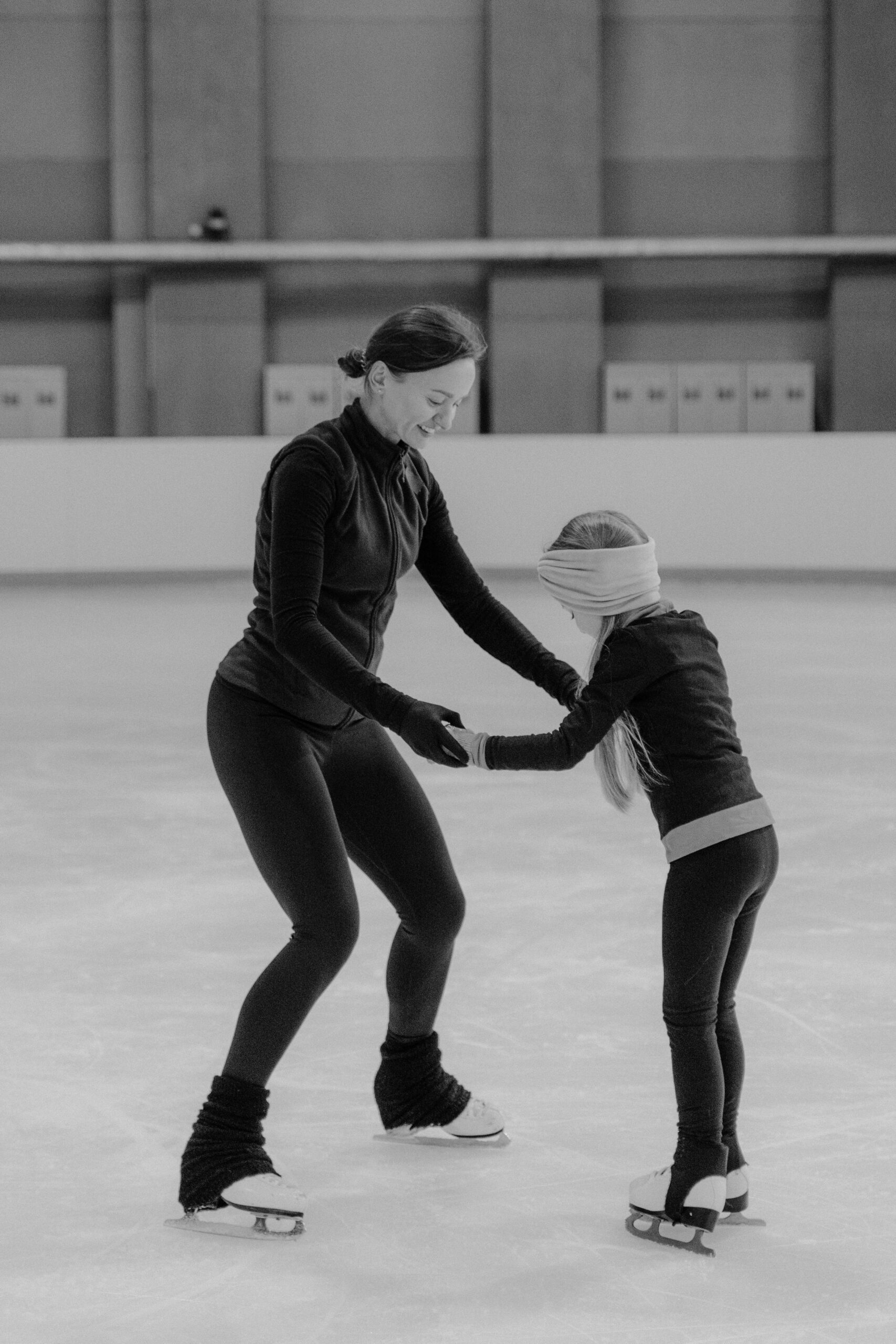Introduction to Parental Roles
In youth sports, the involvement of parents is crucial in shaping their children’s experiences and attitudes. Their influence can significantly affect a child’s motivation, confidence, and enjoyment of sports. Positive parental involvement includes showing genuine interest, offering encouragement, and being present during games and practices. However, the way parents engage can vary, and it’s essential to distinguish between supportive behaviors and actions that may inadvertently apply pressure. Supportive actions help build a child’s self-esteem and love for the game, while excessive pressure can lead to stress and burnout. Understanding these dynamics allows parents to foster a more positive and encouraging environment for their young athletes.
Understanding Support
Supportive parenting in sports involves encouraging children, showing interest in their activities, and allowing them to enjoy the game at their own pace. Research shows that parental support is closely tied to a child’s enjoyment, enthusiasm, autonomy, and self-perception of their sports skills. For example, parents can demonstrate positive support by attending games, praising effort regardless of the outcome, and providing opportunities for their children to explore their sports interests. To ensure that support remains constructive, parents should consider engaging in specific counseling programs designed to educate them on offering positive and less-invasive support to their children. These programs can be instrumental in promoting a healthier parent-child relationship within the sports context.
Recognizing Pressure
Parental pressure in sports can manifest in various ways, such as setting high expectations, criticizing mistakes, or focusing excessively on winning. This kind of pressure can lead to negative outcomes for young athletes. It has been found that parental pressure is positively related to stress and negatively associated with enjoyment and motivation in youth sports. Signs that a child is feeling pressured may include anxiety, reluctance to attend practice or games, and a noticeable decline in performance. Additionally, parental pressure can create perceptions of a threatening environment, which can result in discontent and anxiety, negatively impacting a child’s sports performance.
Balancing Support and Pressure
Finding the right balance between support and pressure is essential for parents to prevent burnout and dropout in youth sports. A healthy balance of supportive involvement without excessive pressure is crucial. Coaches and sports educators can assist in creating a positive motivational climate that encourages parents to support their children effectively without applying undue pressure. This educational environment can guide parents in maintaining a supportive stance while avoiding pressure. Communication is key in this process. Parents should foster open and honest dialogues with their children, allowing them to express their feelings and preferences regarding their sports involvement.
Long-Term Impact on Children
The long-term impact of parental roles in youth sports can significantly shape a child’s perspective on sports and overall well-being. Supportive parenting is often linked with beneficial outcomes, including enhanced confidence, a love for physical activity, and positive interactions with peers and coaches. Conversely, when parents apply too much pressure, it can have harmful effects. Children frequently express a preference for lower levels of parental involvement, directive behavior, and pressure, while they favor higher levels of praise and understanding. Children often desire lower levels of parental involvement, directive behavior, and pressure, while preferring higher levels of praise and understanding. This need for empathy and encouragement highlights the importance of parents adopting a supportive approach rather than a pressuring one.
Over time, the presence of positive parental involvement can help children develop a healthy attitude toward competition and personal growth. They are more likely to view sports as an enjoyable and rewarding activity rather than a high-stakes obligation. Positive parental behaviors, such as recognizing effort, celebrating achievements, and providing emotional support during setbacks, can instill resilience and a growth mindset in young athletes.
On the other hand, when parents emphasize winning and perfection, children may experience increased anxiety and diminished enjoyment of the sport. This can lead to a decline in participation and even a complete withdrawal from sports activities. The pressure to meet high expectations can erode self-confidence and foster a fear of failure, making it challenging for children to cope with mistakes or losses constructively.
Furthermore, children under excessive pressure may also develop a negative view of physical activity, associating it with stress rather than fun and personal accomplishment. This could result in a long-term disengagement from physical fitness and sports, impacting their overall health and well-being. It’s crucial for parents to be aware of these potential outcomes and strive to create a nurturing and supportive sports environment for their children.
Conclusion and Recommendations
In summary, it’s vital for parents to find the balance that allows their children to thrive in youth sports. Recognizing the importance of supportive behaviors and the detrimental effects of pressure is the first step. Parents should focus on fostering a positive and encouraging atmosphere by attending games, celebrating efforts, and offering constructive feedback.
One practical recommendation for parents is to seek out educational resources or counseling programs that provide guidance on how to support their young athletes effectively. These programs can offer insights into maintaining a healthy parent-child relationship within the sports context, ensuring that support remains positive and not overbearing.
Communication plays a crucial role in this process. Parents should maintain open dialogues with their children, listening to their concerns and preferences about their sports involvement. This helps children feel heard and understood, reducing the likelihood of them feeling pressured.
Additionally, setting realistic and attainable goals can help children stay motivated and engaged in sports. Instead of focusing solely on winning, parents should emphasize personal growth, skill development, and the enjoyment of the game. Encouraging children to set their own goals can also promote a sense of autonomy and confidence.
Lastly, parents should be mindful of their reactions to their child’s performance. Praising effort and resilience, rather than just outcomes, can help build a child’s self-esteem and love for sports. Acknowledge both achievements and setbacks as opportunities for learning and growth, and provide emotional support when needed.
By following these recommendations, parents can help their children develop a healthy, lifelong relationship with sports, fostering both their physical and emotional well-being. This balanced approach will allow young athletes to enjoy their sports experiences fully, free from the negative impacts of undue pressure.

